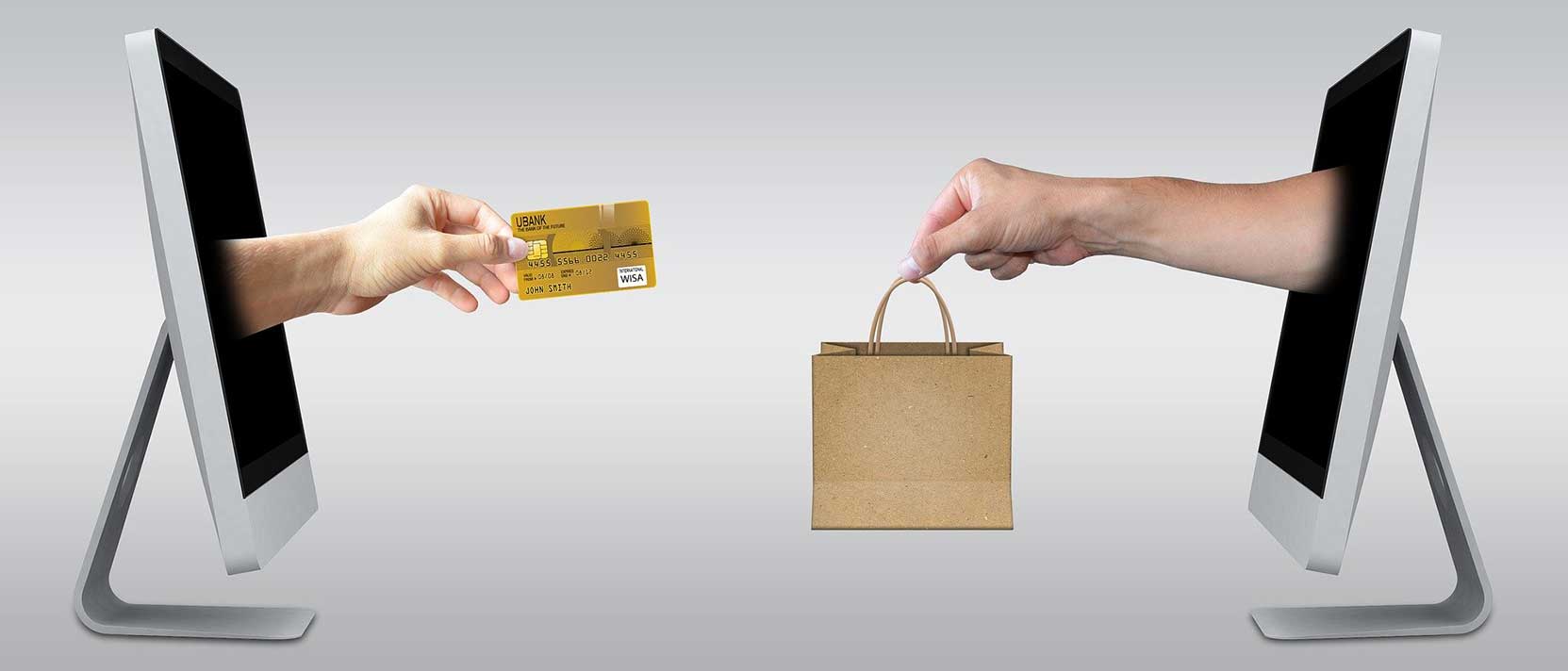In the ever-evolving landscape of business, technology serves as both a catalyst for innovation and a driver of change. As we peer into the future, the possibilities presented by emerging technologies hold the promise of revolutionizing the way we conduct commerce, interact with customers, and navigate the complexities of a global marketplace. Join us on a journey through the technological frontier as we explore the transformative impact of tomorrow’s business technologies.

Artificial Intelligence: The Dawn of Intelligent Automation
- AI-Powered Automation: Artificial Intelligence (AI) is poised to revolutionize the business landscape by automating repetitive tasks, optimizing processes, and enhancing decision-making capabilities. From chatbots that provide customer support to algorithms that analyze vast datasets for actionable insights, AI empowers organizations to streamline operations, improve efficiency, and unlock new opportunities for growth.
- Machine Learning: At the heart of AI lies machine learning, a subset of AI that enables systems to learn and improve from experience without being explicitly programmed. Machine learning algorithms power personalized recommendations, predictive analytics, and fraud detection systems, enabling businesses to deliver tailored experiences, anticipate customer needs, and mitigate risks in real-time.
Blockchain Technology: Securing Trust in a Digital Economy
- Decentralized Ledger: Blockchain technology, best known as the backbone of cryptocurrencies like Bitcoin, offers a decentralized and immutable ledger that records transactions across a network of computers. Beyond cryptocurrency, blockchain has the potential to revolutionize supply chain management, digital identity verification, and smart contracts, fostering transparency, security, and trust in a digital economy.
- Smart Contracts: Smart contracts, self-executing contracts with the terms of the agreement directly written into code, automate and enforce the execution of agreements without the need for intermediaries. By removing inefficiencies and vulnerabilities associated with traditional contract processes, smart contracts enable faster, more secure, and cost-effective transactions, revolutionizing industries such as real estate, finance, and logistics.
Internet of Things (IoT): Connecting the Physical and Digital Worlds
- Connected Devices: The Internet of Things (IoT) encompasses a vast network of interconnected devices embedded with sensors, software, and other technologies that enable them to collect and exchange data. From smart appliances and wearable devices to industrial sensors and autonomous vehicles, IoT technologies enable businesses to gather real-time insights, optimize operations, and deliver personalized experiences to customers.
- Predictive Maintenance: In industrial settings, IoT-enabled sensors can monitor equipment performance, detect anomalies, and predict maintenance needs before breakdowns occur. By implementing predictive maintenance strategies, businesses can minimize downtime, extend the lifespan of assets, and optimize maintenance schedules, resulting in significant cost savings and operational efficiencies.
Conclusion: Navigating the Technological Frontier
As we look ahead to the future of business technology, one thing is certain: the possibilities are limitless. By harnessing the power of artificial intelligence, blockchain technology, and the Internet of Things, businesses can unlock new avenues for innovation, efficiency, and growth. However, success in this technological frontier requires more than just adopting the latest tools and technologies—it requires a mindset of curiosity, adaptability, and forward-thinking. By embracing the opportunities presented by tomorrow’s technologies, businesses can chart a course toward a future of endless possibilities and unparalleled success in the digital age.